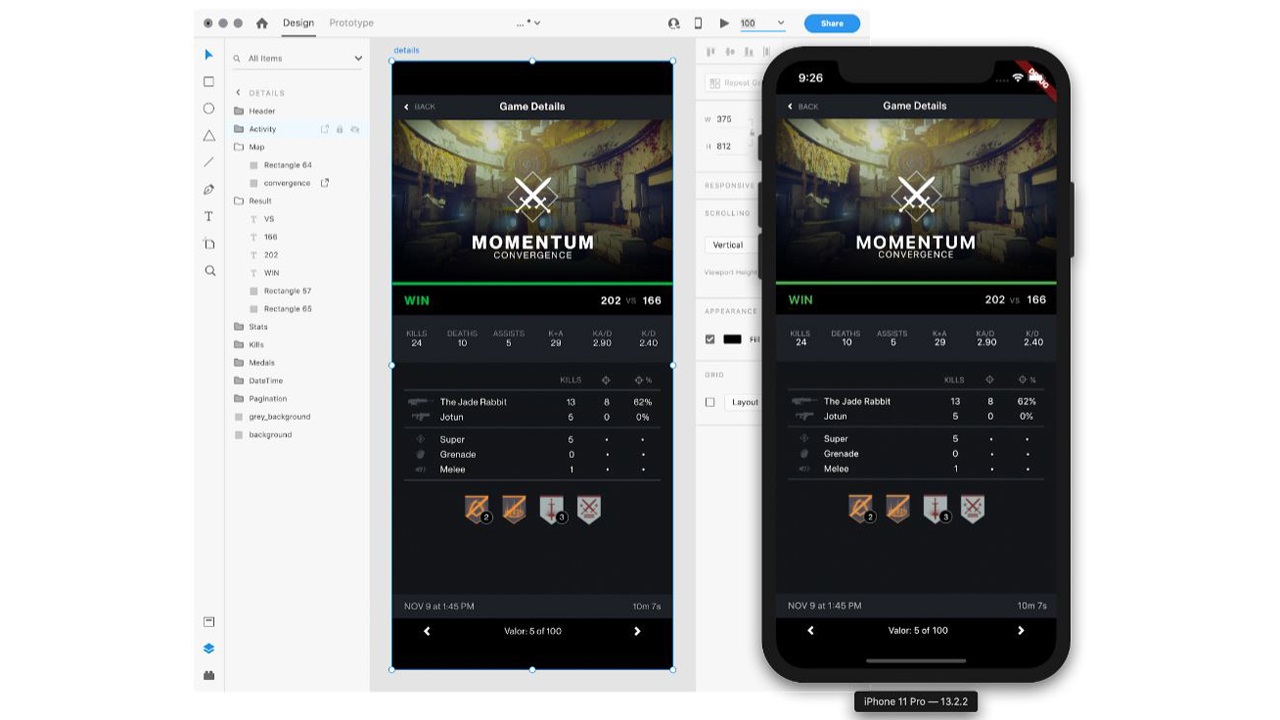Google Announces Flutter 1.12, Adobe XD Support, Big Plans
- Paul Thurrott
- Dec 11, 2019
-
3

Today at Flutter Interact, Google announced Flutter 1.12, the latest version of its cross-platform developer framework. But the firm also revealed new partners, including Adobe, and its big plans for the future, in which Flutter will evolve to support any device and form factor.
“It’s been great to see how Flutter has flourished in the short time since its initial release,” Flutter Product Manager Tim Sneath says. “Well over a million developers are already using Flutter for apps both large and small. In GitHub’s 2019 State of the Octoverse report, Dart and Flutter ranked #1 and #2 for fastest-growing language and open source project respectively over the last twelve months, and Flutter is now one of the ten most starred software repos on their site. And in a recent analysis by LinkedIn, Flutter is described as “the fastest-growing skill among software engineers”.
Windows Intelligence In Your Inbox
Sign up for our new free newsletter to get three time-saving tips each Friday — and get free copies of Paul Thurrott's Windows 11 and Windows 10 Field Guides (normally $9.99) as a special welcome gift!
"*" indicates required fields
Flutter 1.12 may not seem like a major release, but it is, as Google says, the fifth stable release of the Flutter framework, and it brings some nice improvements, including a beta version of web support, an alpha release of MacOS support, iOS 13 Dark Mode support, an enhanced Add-to-App experience, and more.
Google also revealed that it is using Flutter more frequently for its own mobile apps. And the Stadia app is the latest example.
“Flutter enabled us to prototype quickly, demonstrate gameplay on Android, and then staff one team to build our cross-platform experience without compromise,” the Stadia team said of its experience with Flutter. “We’re delighted with the results and are continuing to build new features in Flutter.”
Google had previously announced its plans to bring Flutter from mobile—it originally supported both Android and iOS—to desktop (Windows and Mac) and the web. But this week, it revealed an even grander plan to evolve the framework into “a portable toolkit for building beautiful experiences wherever you might want to paint pixels on the screen.” And this will include new form factors like televisions, smartwatches and other wearables, and smart displays like the Google Nest Hub. Google calls this vision “ambient computing.”
To get there, the firm is partnering with others that are contributing tools for designers. For example, Supernova has integrated Flutter into its design and prototyping tool and are announcing a new browser-based tool, called Supernova Cloud, that is built entirely with Flutter’s web support. And Rive, previously 2Dimensions, will support importing Lottie files created with Adobe After Effects into existing Flutter workflows for animated content.
But here’s the biggest news: Adobe today is announcing support for Flutter in its Creative Cloud via a plug-in that exports Adobe XD designs directly into Flutter. The XD to Flutter plugin will be available as open source early next year, Google says, but you can sign-up for early access now on Adobe’s website.
“The XD to Flutter plugin generates Dart code for design elements in XD that can be placed directly into your application’s codebase,” Adobe’s Vijay Vachani says. “With XD to Flutter, you and your team can go from design to a real, working product in just a few minutes and accelerate any decisions you need to make in real time.”